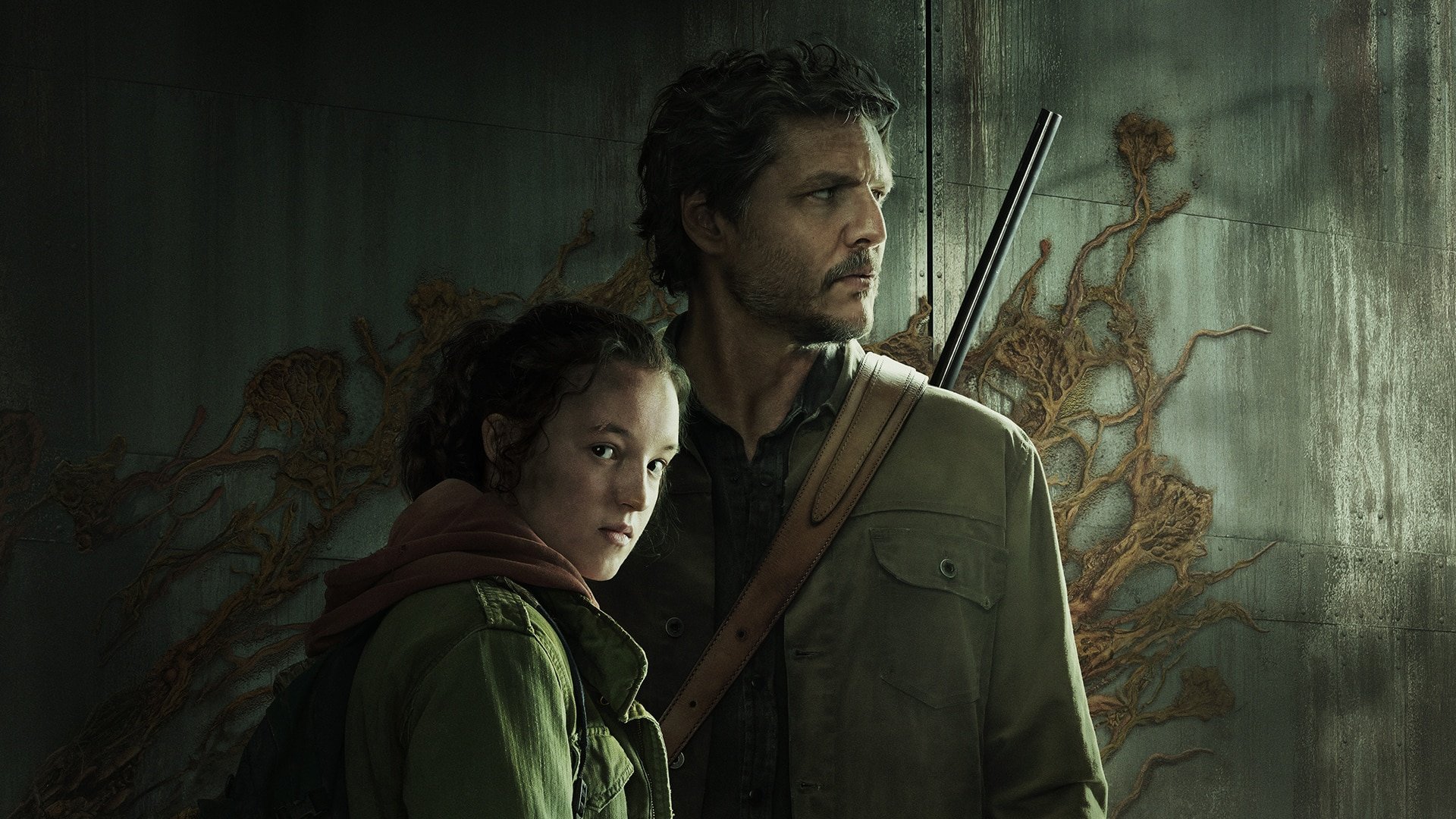'The Last of Us' - Season 1 Review
Dimmer light
Mistake no truculence on my end: the story that is The Last of Us is good, and that story is here on the small screen. As a means to smuggle that story to the less gaming-literate, the show does the job, though not necessarily in a way that's superior to its source. While the broad strokes are sure to win over newcomers, it's in those smaller details where the show oversteps itself, with a litany of minute tweaks which only serve to kill subtlety in the articulation of the story's core dramas and themes. Episode 3, “Long, Long Time,” showcases the best and worst of the show: a strawberry-sweet romantic tragedy expanding a corner of the universe the confines of gameplay barely allowed us to broach, which now ties back into the main plot through a letter read aloud which directly explains the themes pumping through the eventual climax. Through two separate prelude segments, an increased emphasis on real-life science roots our worldwide fungal pandemic, in doing so coloring the final choices made, but also creating strange juxtapositions when the show starts softening that science to frankly absurd levels that wouldn't be out of place in Raccoon City, let alone an overgrown Boston. Additionally, the increased emphasis on structure which arises out of an episodic format accidentally renders the fates of every subplot and diversion as wholly predictable, with only so much ground to cover before fate inexorably calls 'time out' and we trundle to the next, making it difficult to maintain investment in the revolving door of friends and foes, whereas the game's looser pace allowed expectations to twist more organically, and with less dialogue reliance.
The catalogue can roll out the door, listing all the discrepancies on what was paced better where, which slight alterations give plot events more dramatic impact and logic - the entire university and its fallout are handled horribly, for example - or certain backstory elements being fleshed out that really didn't require the attention, but do these small quibbles ultimately undo the story's strengths: its characters and relationships? Not dramatically. It does put the show, however, in an awkward no man's land between accompaniment and replacement, recreation and reconsideration; too often what's changed doesn't utilize the new medium to enhance the storytelling in ways the previous perhaps couldn't, but instead to condense what we have, and to do so a little too thinly.
